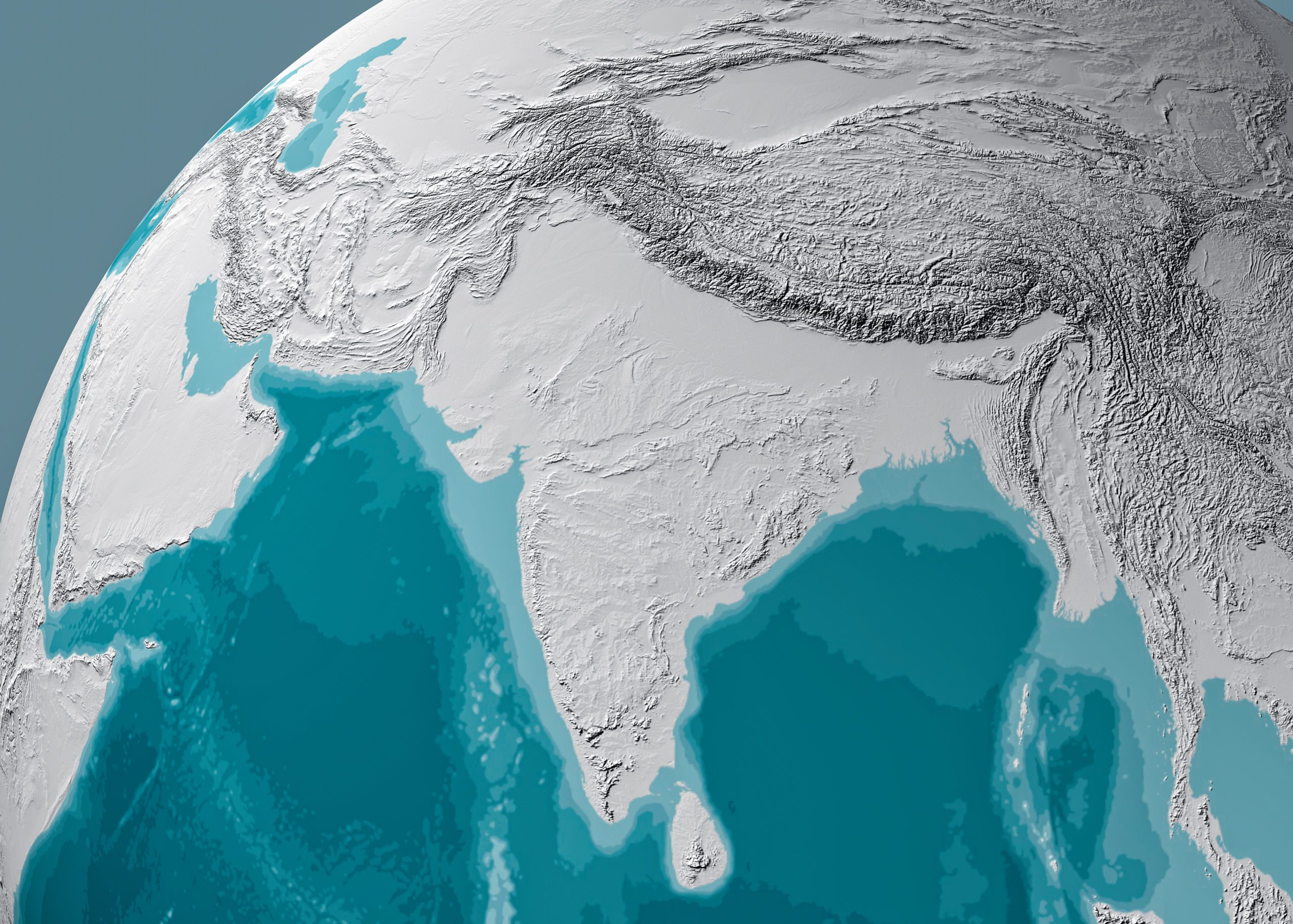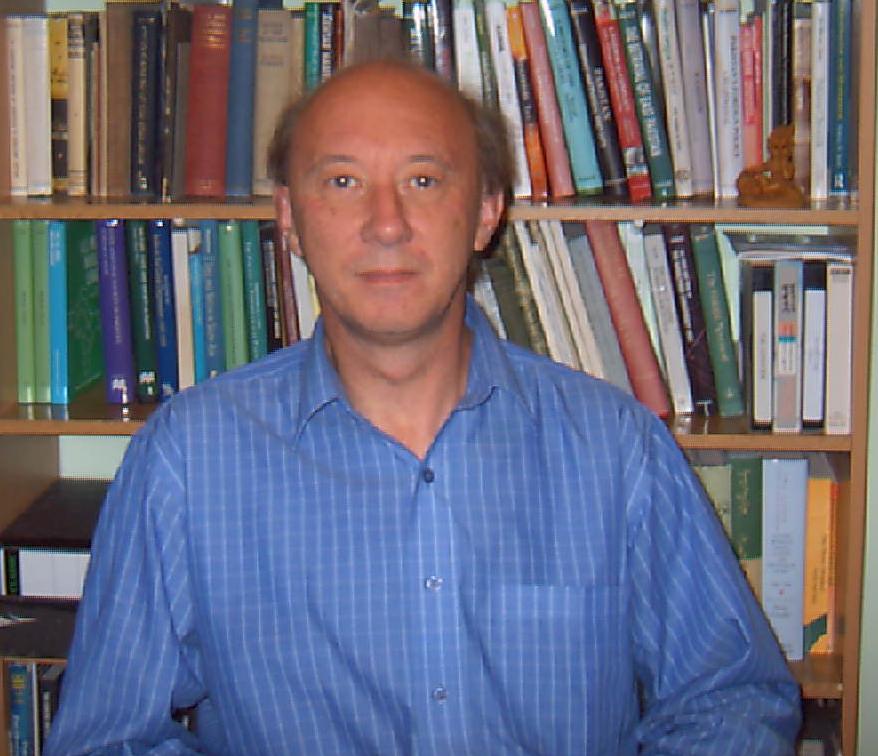
The Mittal Institute’s April 7 talk, “The History of British Diplomacy in Pakistan,” is headlined by Ian Talbot, Mittal Institute Research Associate and Professor in History and Director of the Centre for Imperial and Post-Colonial Studies, University of Southampton. Ian has written extensively on the themes of the colonial Punjab, the Partition of India, and the political history of Pakistan, and is the author of a 2021 book, The History of British Diplomacy in Pakistan. The Mittal Institute caught up with Ian to discuss his early education, research motivations, and his new publication.

Ian Talbot, Research Affiliate and Professor, University of Southampton.
Mittal Institute: Professor Talbot, how did your interest in the History of South Asia develop? What sparked your career as Professor in History at the University of Southampton?
Ian Talbot: My interest in the History of South Asia developed through a combination of family interests in the region and my education at Royal Holloway, University of London. My father was a lifelong member of the Burma Star Association following his World War II service in the region. I was fortunate as an undergraduate student to be taught by Francis Robinson who was embarking on an illustrious career as an expert on Indian Islam. At that time, there was little written about politics in the Punjab during the late colonial period. Working on this field of research appealed to me as it provided opportunities for study on both sides of the Indo-Pakistan border, something I have pursued throughout my career.
Mittal Institute: You are currently working as a Research Affiliate at the Mittal Institute, where you are focusing on the environmental history of Pakistan. Likewise, you have written extensively on colonial Punjab, the Partition of India, and the political history of Pakistan. Can you elaborate on your research interests and current projects?
Ian Talbot: Over the years, I have developed interests in a range of topics, whilst always anchoring them in my knowledge of Punjab. Some of these interests have arisen from fruitful collaborations, others from supervision of research students. On colonial Punjab, I have pioneered study of the career of Khizr Tiwana, the last Prime Minister of the province before its division. Fittingly for a study of the Unionist Party leader, I was able to develop insights from both sides of the border. This experience fed into my comparative study of the impact of the 1947 Partition on the ‘twin cities’ of Lahore and Amritsar. Research on Partition and its aftermath also fed into my later work on Pakistan’s history. My interest in urban history at the time of Partition led firstly to a joint work on colonial Lahore and secondly to my current project. This is to consider the environmental aspects of urban development. The study was initially anchored in the Lahore case, but I have now reached out to experts working across the subcontinent and I am jointly convening a conference on the City and Environmental History of South Asia with the Institute of South Asian Studies, National University of Singapore.
Mittal Institute: Your new book is the subject of a Mittal Institute discussion on April 7. Can you speak a bit about the novel and what it chronicles?
Ian Talbot: My most recent publication, The History of British Diplomacy in Pakistan is the first study of the activity of the British High Commission/Embassy in the period from 1947-2008. At times during these decades, British diplomatic relations languished, at others, the mission in terms of its size and its role was one of the most important globally for Britain. The study brings out how it functioned in times of crisis, as in 1947-8, 1965 and 1971 as well as in more settled periods. It also reveals how long standing British diplomatic interests underwent transformations, in response to changes both within Britain itself and in Pakistan.
Mittal Institute: Your book draws on first-hand accounts and original documents. Can you describe the interview process, and what these authentic accounts lend to the book?
Ian Talbot: The book draws on rich official documentary material in its early chapters, but in the contemporary era, interviews form a key primary source. These were conducted with British, Pakistani, and American diplomats. I was in the fortunate position of having met with all the UK heads of mission from the late 1990s, before I interviewed them for the study. The interviews shed light on the day to day workings of the Diplomatic Mission. They also provided insights into the close working relations on the ground between the British and their American counterparts. Finally, they provided insights into the back-channel diplomacy that culminated in Benazir Bhutto’s return to Pakistan in October 2007 with its tragic outcome.
Mittal Institute: The April 7 event, which you headline, features discussants Mohammad Waseem, Professor of Political Science at Department of Social Sciences, Lahore University of Management Sciences; William Milam, Former Ambassador to Pakistan and Bangladesh, United States Department of State; and chair Adil Najam, Dean, Frederick S. Pardee School of Global Studies and Professor of International Relations and Earth & Environment, Boston University. Can you give us an overview of the event, and what topics you intend to explore?
Ian Talbot: The talk will focus on the three main themes that run through the book. Namely, the legacy of British rule in the region and the challenges and opportunities it has provided for diplomatic activity in post-colonial Pakistan; the contributions of both heads of mission and staff in the ‘outposts’ in forwarding British diplomatic, strategic and commercial interests; the working relationships between British and American diplomats in Pakistan. These themes enable the book to address such questions as why has Britain punched above its weight in diplomatic influence in Pakistan? What is the role of field diplomacy in the contemporary era? What evidence is there of the ‘Special Relationship’ in Anglo-American activity in Pakistan? Finally, the discussion will not only illuminate western relations with Pakistan, but it will bring fresh perspectives to aspects of the country’s domestic history.
